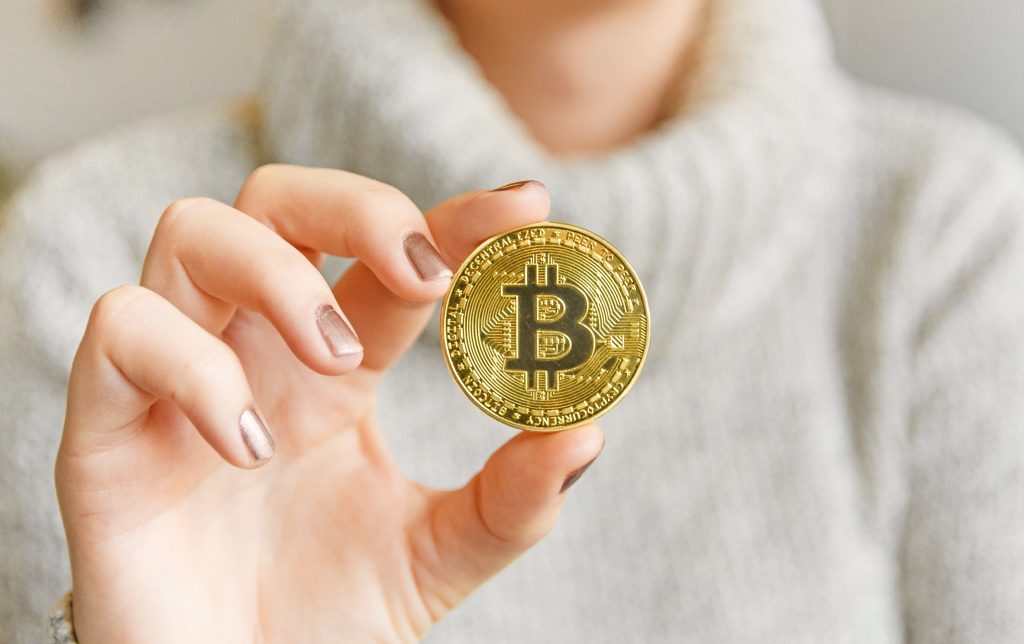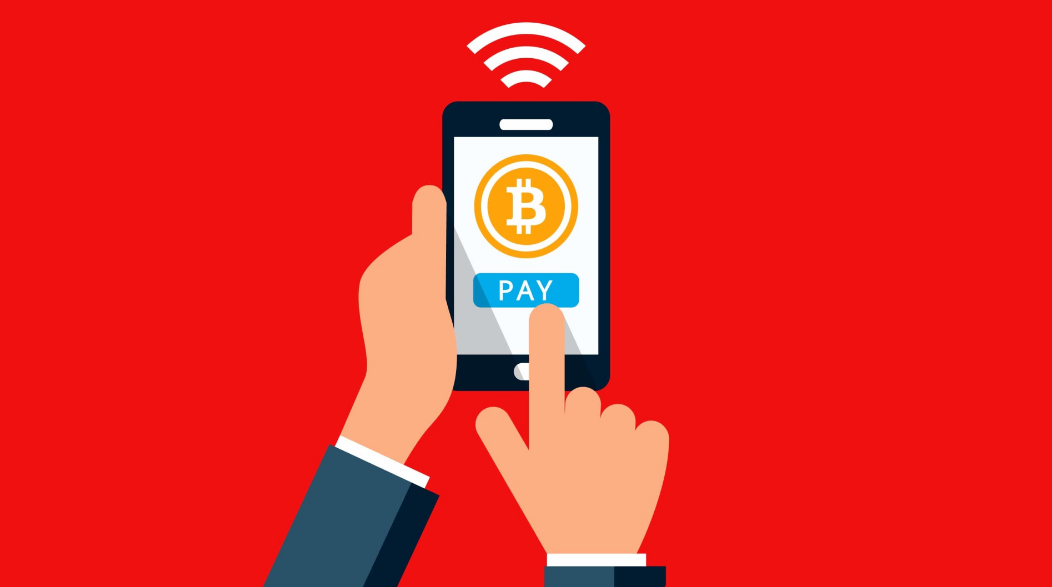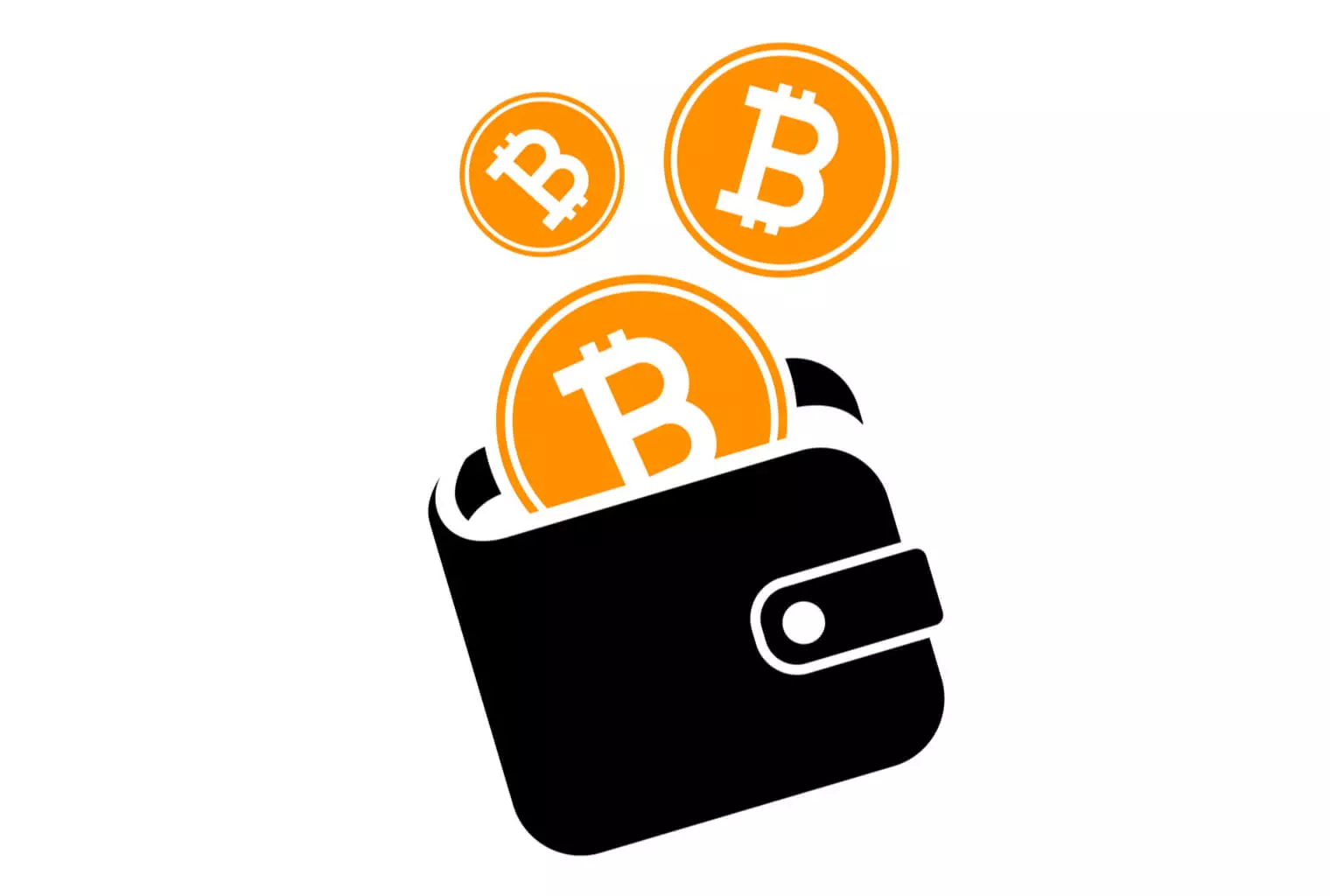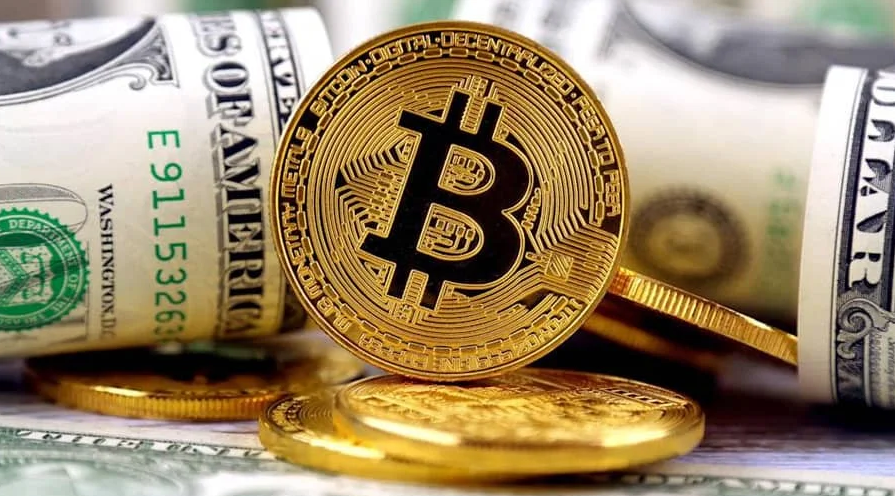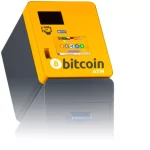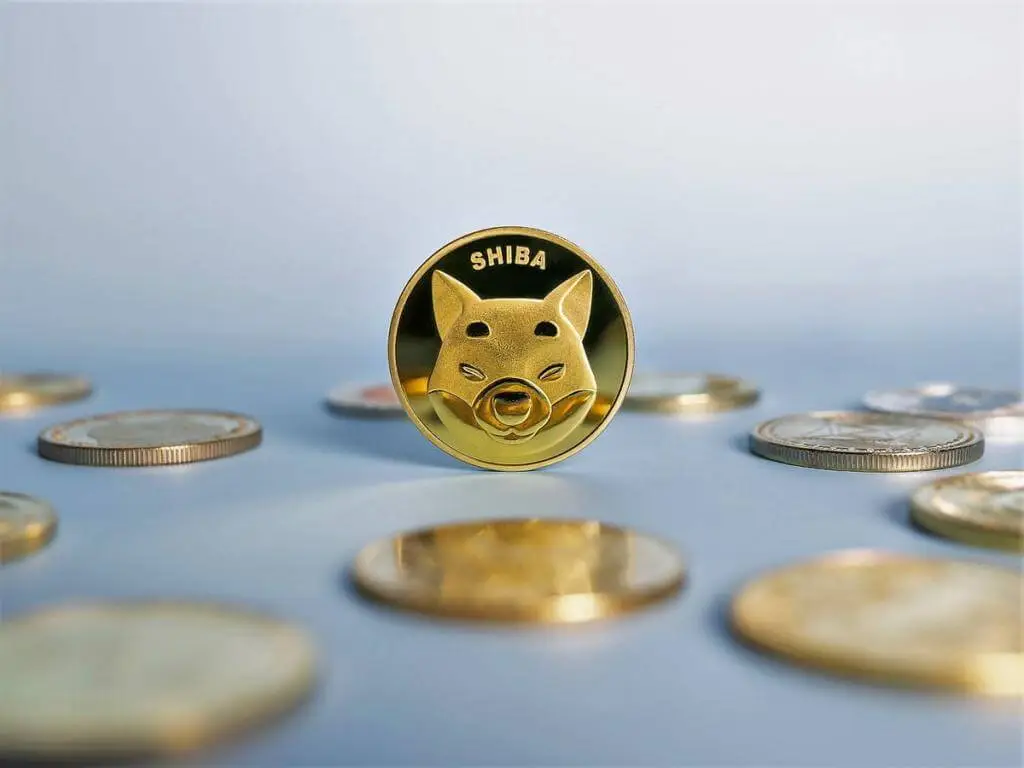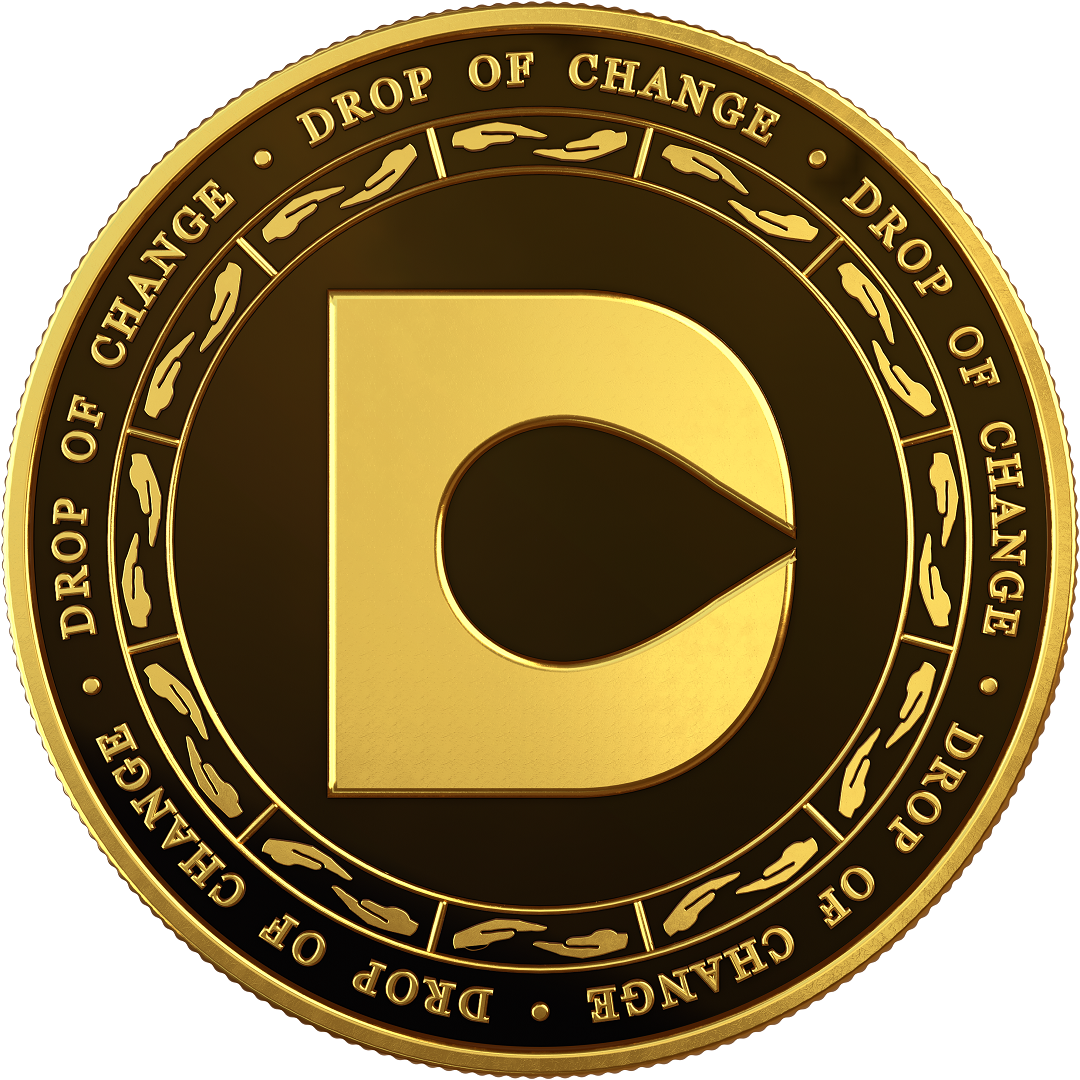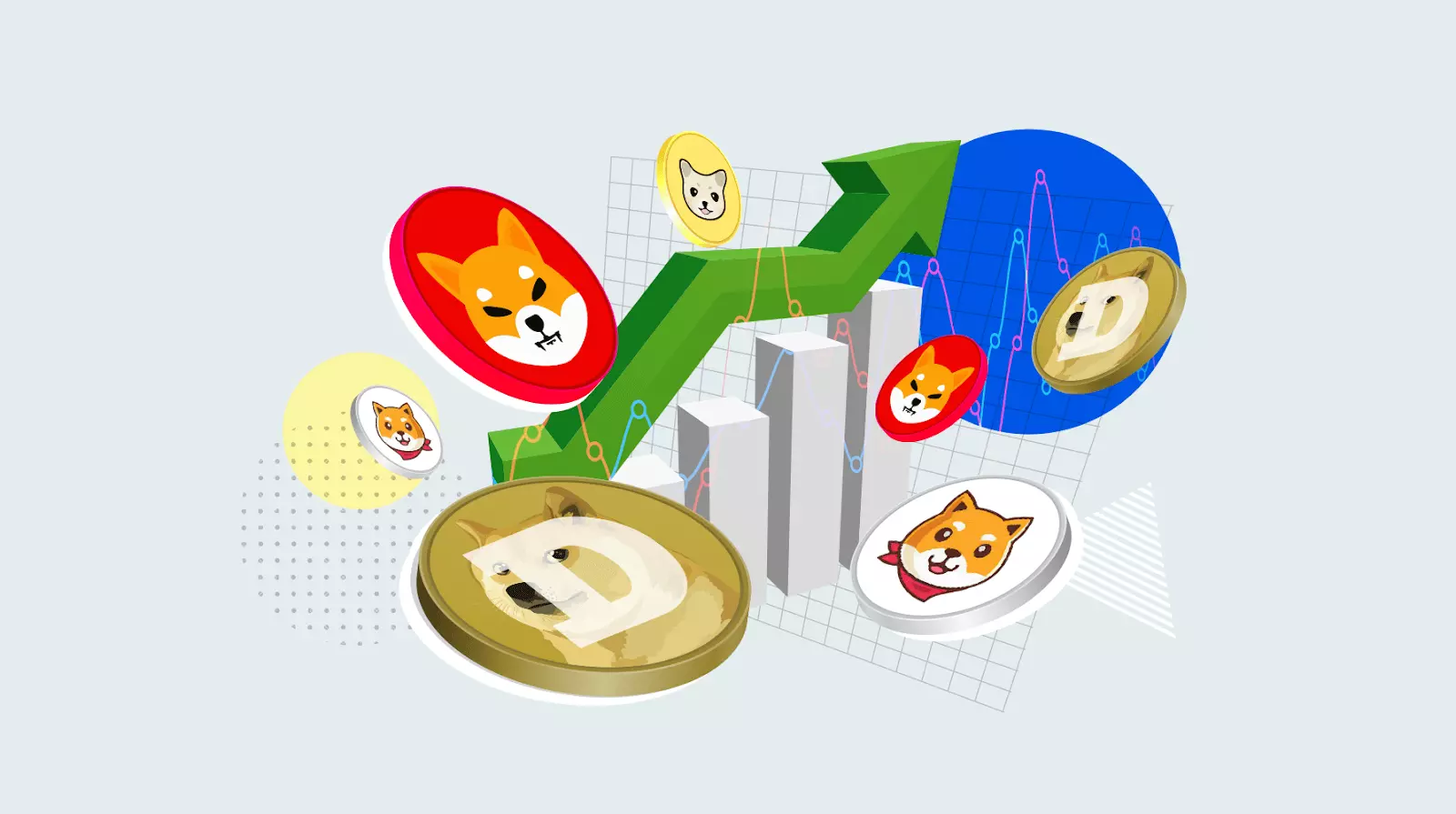Bitcoin, often known as a cryptocurrency, is a digital currency or a virtual currency that can be sent to other users on the p2p bitcoin network without any intermediaries. It’s online money that you can use to buy services and products. However, not every retailer accepts bitcoin. Some countries also have banned it completely.
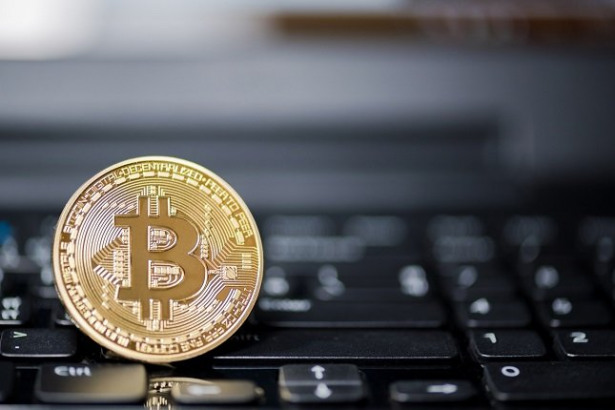
Simply put, bitcoin is a computer file that is stored in an online wallet app on a computer or smartphone. Other users can send their bitcoins to your online wallet and you can send yours to their people. All transactions are verified and stored in a public ledger called the blockchain. It is completely decentralized; meaning no central authority or government institutions can manipulate or exploit Bitcoins. This also eliminates the possibility of them being counterfeited.
What is Bitcoin Transaction Fee?
When a crypto user performs a bitcoin transaction, they include a transaction fee to be paid to crypto miners in exchange for their efforts for verifying and adding crypto transactions to the blockchain. A miner receives a block reward and earns transaction fees for their efforts. Since each blog has limited space, miners prefer adding those transactions that have higher fees to the blockchain.
A transaction left unprofessed sits in a pool called Bitcoin mempool. To make sure a transaction doesn’t go to Bitcoin mempool, users performing transactions might choose to pay higher than those who are not in a rush. Bitcoin mining refers to creating new bitcoin by resolving the complex computational puzzle. It is crucial to maintain the ledger of transactions, which is the crux of the Bitcoin network. Crypto mining has come a long way over the last several years. Special hardware is used to perform crypto mining with the greatest accuracy and efficiency. To perform crypto mining, you would need a non-stop power supply and internet connectivity. If you are looking to start crypto mining, it is important that weigh all the factors involved.

Michael is a cryptocurrency blogger who writes about the latest developments in blockchain technology. He has been blogging for over 4 years and his posts have been read by people from all around the world. His blog covers a wide range of topics, such as trading advice, new ICOs to invest in, and how blockchains can be used outside of cryptocurrencies. Michael also enjoys writing about more technical aspects of cryptocurrencies and blockchain technology.

